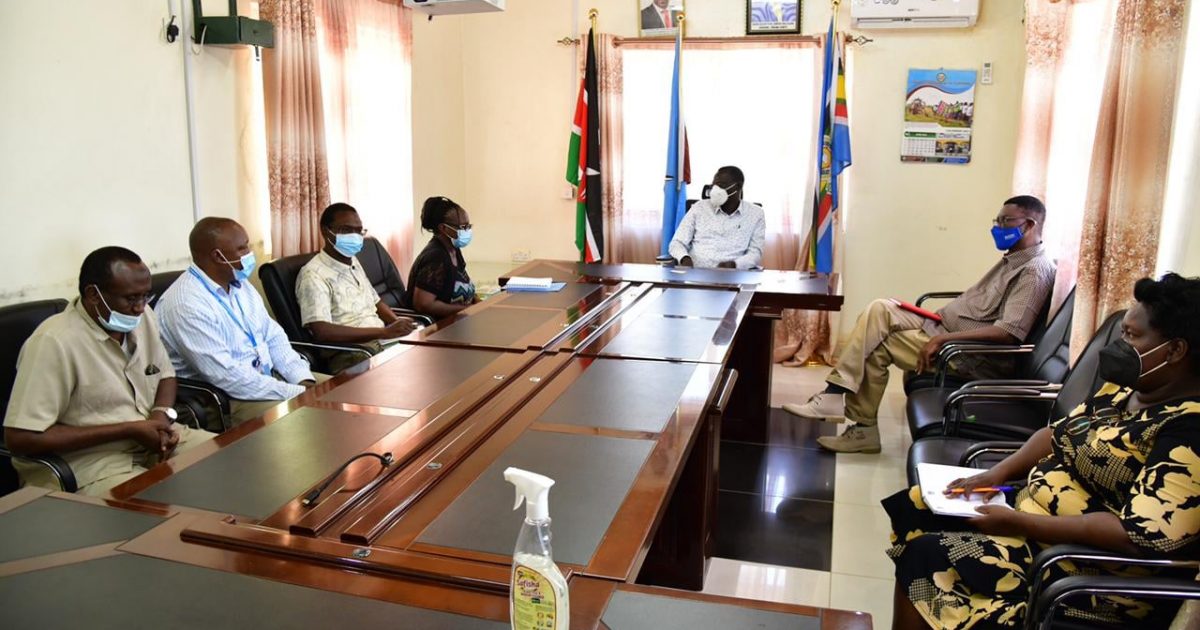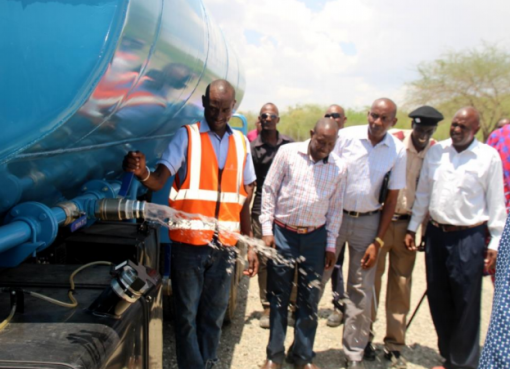State Department of Arid and semi-arid areas is working with five counties to establish a framework that will guide the implementation of resilience programmes in Kenya.
The programme which is being implemented by the ASAL department in partnership with World Food Programme (WFP) will be rolled out in Turkana, Kajiado, Makueni, Kilifi and Wajir counties.
Acting Director for Strategic Programmes Development at the department, Dr. Monicah Kinuthia said the framework will provide a basis for designs and planning of resilience programmes to ensure they achieve greater impact.
She said, “the framework will set components which will help identify resilience programmes to support monitoring of the programmes’ implementation by government and other key partners.”
Dr. Kinuthia explained that the Department of ASALs was keen to support programmes building resilience against shocks for communities living in ASALs counties.
She said the new framework will bring into focus new challenges such as the Covid-19 pandemic and other natural calamities caused by global warming.
Governor Josphat Nanok said that sustainability of investments was critical for resilience programmes to achieve success.
He said resilience programmes need longer time frames to achieve sustainability, especially for initiatives that require significant behavioural change to accept new sources of livelihoods.
The Governor admitted that with a majority of residents of Turkana practicing pastoralism, acceptance of alternative way of life needed a different tact and approach to previous initiatives which had encountered rigidity from targeted beneficiaries.
However, he asked that focus for Turkana remain in food production value chains of agriculture, livestock production and fisheries where there was proven potential.
He suggested that strengthening of private sector involvement in these sectors will boost success and enable capacity growth of local communities and be a source of employment.
The governor reiterated his stand that investing in surface water-harvesting infrastructure such as medium dams, was critical in any livelihood projects, with water sufficiency still a priority across the county.
Deputy Governor Peter Lotethiro urged that the framework be practicable, measurable and with potential for greater impact if it is to succeed in contributing to reduce dependency on relief support.
County Chief Officer for Public Administration and Disaster Management Esther Ikaru proposed the identification of champions of resilience programmes- individuals within the community who have been successful in livelihood diversification, who will then be used as examples of the success stories of resilience programmes.
WFP Resilience Programmes Officer James Kamunge said that there was a need for a guide on priority areas of the economy with high enough potential to warrant significant investment.
Also present in the meeting was Turkana County Drought Coordinator Jillo Abdulkadir.
By Peter Gitonga





